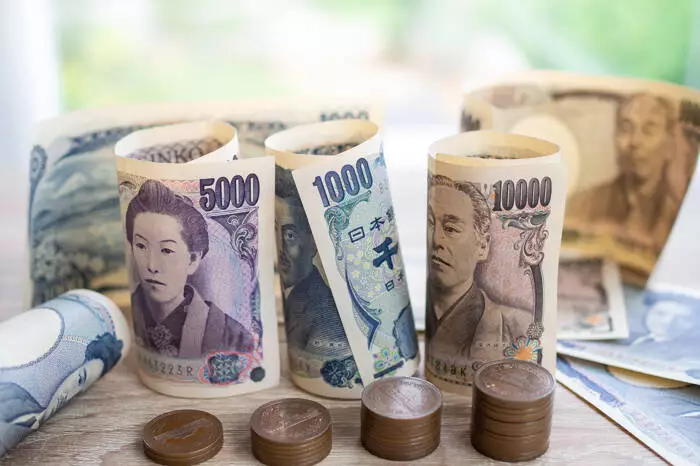Recent discussions among economists have suggested that quantitative tightening (QT) could potentially have a significant impact on strengthening the Yen in a more sustainable manner. The Bank of Japan (BoJ) is set to announce cuts to their purchases of Japanese Government Bonds (JGB) in July, as part of their QT strategy. The aggressive cutting of JGB purchases by the BoJ could result in narrowing interest rate differentials with the US dollar, thus providing a boost to the Yen. Natixis Asia Pacific Chief Economist Alicia Garcia Herrero highlighted the importance of these cuts, mentioning that QT could potentially support the Yen more effectively than intervention.
If the BoJ proceeds with aggressive cuts to JGB purchases, there is a possibility that the USD/JPY exchange rate could drop below 150. Moreover, if the central bank shows support for multiple rate hikes alongside aggressive JGB purchase cuts, we might witness the USD/JPY heading towards 140 by the end of Q4 2024. However, it is essential to consider upcoming data releases before making any definitive conclusions.
Labor market data from Japan, set to be released on Tuesday, will play a critical role in shaping economic decisions. A tighter labor market could lead to wage growth and subsequently higher disposable income for households. This increase in disposable income could potentially drive consumer spending and contribute to demand-driven inflation. Economists are forecasting Japan’s unemployment rate to remain at 2.6% in June. Any unexpected changes in this figure could influence the BoJ’s interest rate decisions.
Focus on Retail Sales Figures
Additionally, attention will be on the retail sales numbers scheduled for release on Wednesday, July 31st. A significant rise in retail sales could signal positive momentum for the economy and potentially pave the way for rate hikes in the latter part of 2024. Economists are anticipating a 0.4% increase in retail sales for June, following a 1.7% rise in May.
Looking at the US economy, the Dallas Fed Manufacturing Index scheduled for Monday, July 29, will be closely watched. Economists are expecting an improvement in the index from -15.1 in June to -12.0 in July. Better-than-expected figures could support the notion of a soft landing for the US economy and potentially maintain the USD/JPY at its current levels. However, recent US inflation data suggests that these numbers may not have a significant impact on the Federal Reserve’s interest rate decisions, as prices for goods declined in June.
The interaction between quantitative tightening, exchange rates, labor market conditions, and consumer spending is intricate and requires a comprehensive analysis of various economic indicators to understand the potential impact on household spending and inflation. As global markets continue to evolve, policymakers and economists will need to adapt their strategies to navigate these complexities effectively.

